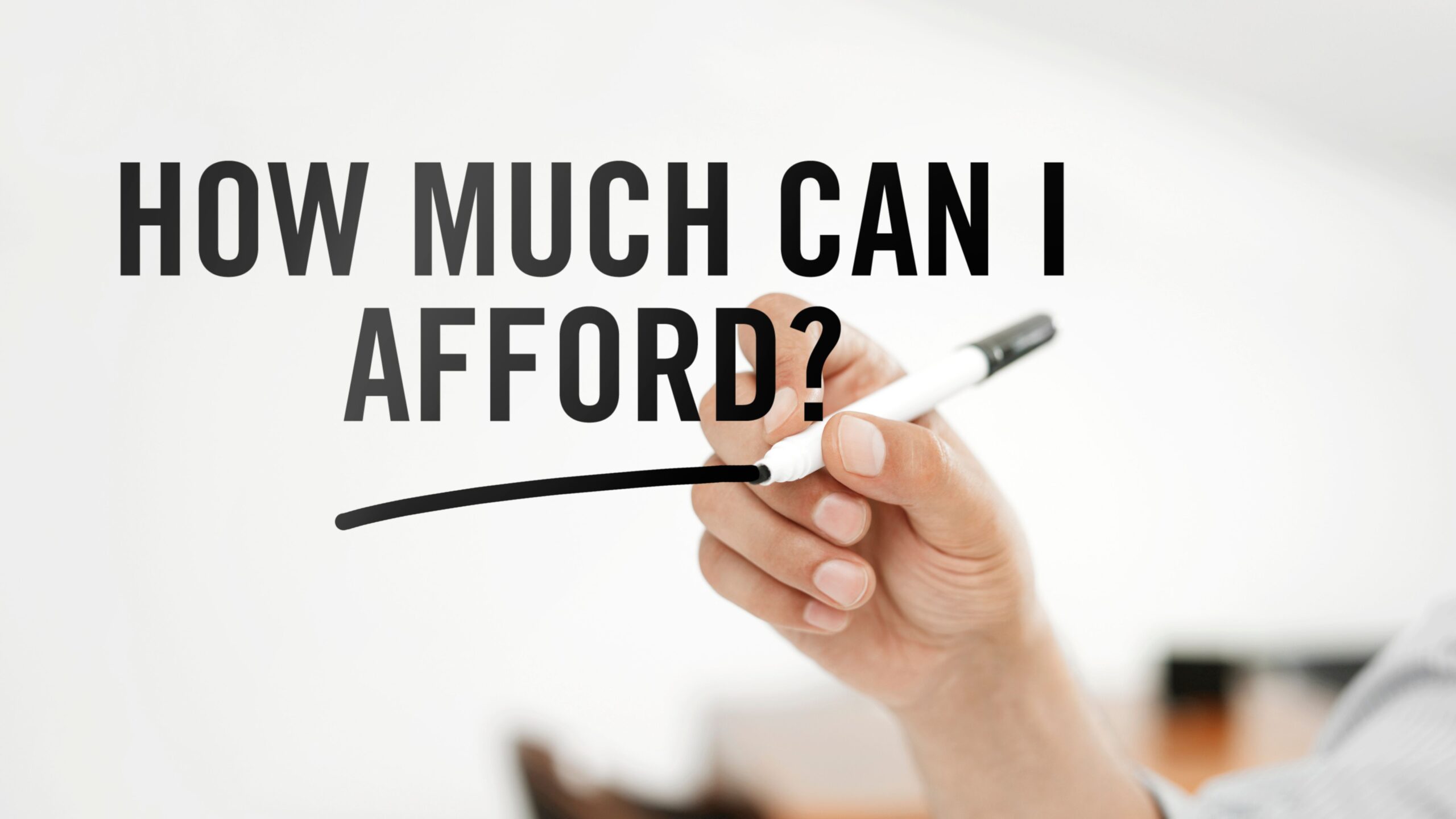What is the maximum amount of loan I can get?

If you’re considering taking out a loan, one of the first questions you might ask is, “What is the maximum amount of loan I can get?” The answer to this question depends on a variety of factors, including your credit score, income, and the type of loan you’re interested in. In this article, we’ll explore some of the key factors that determine how much money you can borrow, as well as some strategies for maximizing your borrowing power.
Factors that Affect the Maximum Amount of Loan You Can Get
- Credit Score: Your credit score is one of the most important factors that lenders consider when determining how much money you can borrow. Your credit score is a measure of your creditworthiness, and it takes into account your payment history, credit utilization, length of credit history, and other factors. The higher your credit score, the more likely you are to be approved for a loan and the more money you can typically borrow. For example, if you have a credit score of 800 or above, you may be eligible for a loan of up to $100,000 or more, depending on the lender and other factors.
- Income: Your income is another key factor that lenders consider when determining how much money you can borrow. Lenders want to make sure that you have the ability to repay the loan, so they’ll look at your income to determine how much you can afford to borrow. Generally speaking, the more money you make, the more you can borrow. For example, if you earn $100,000 per year, you may be eligible for a loan of up to $500,000 or more, depending on the lender and other factors.
- Debt-to-Income Ratio: Your debt-to-income ratio is a measure of how much debt you have relative to your income. Lenders use this ratio to determine how much of your income is already spoken for by debt payments, and whether you can afford to take on more debt. Generally speaking, the lower your debt-to-income ratio, the more you can borrow. For example, if your debt-to-income ratio is 30%, you may be eligible for a loan of up to $300,000, but if your ratio is 50%, you may only be eligible for a loan of up to $150,000.
- Collateral: Collateral is property or assets that you pledge as security for a loan. If you default on the loan, the lender can seize the collateral to recoup their losses. Having collateral can increase the amount of money you can borrow, because it reduces the lender’s risk. For example, if you’re looking to buy a house, the lender may be willing to lend you up to 80% of the home’s value, which means you’ll need to come up with a down payment of 20%. If you have other assets, such as a car or investments, you may be able to use those as collateral to borrow more money.
- Loan Type: The type of loan you’re interested in can also affect the maximum amount of loan you can get. For example, if you’re looking for a personal loan, the maximum amount you can borrow may be less than if you’re looking for a home equity loan or a business loan. Additionally, different lenders may have different limits on how much they’re willing to lend, so it’s important to shop around to find the best deal.
-
Strategies for Maximizing Your Borrowing Power
- Improve Your Credit Score: If you have a low credit score, one of the best things you can do to increase the amount of money you can borrow is to improve your credit score. This can be done by paying your bills on time, keeping your credit utilization low, and avoiding opening too many new credit accounts. Over time
- Increase Your Income: Another way to increase the maximum amount of loan you can get is to increase your income. You can do this by getting a higher-paying job, working overtime, or taking on a side gig. The more money you make, the more you can borrow, so increasing your income can be a great way to boost your borrowing power.
- Pay Down Your Debt: If you have a lot of debt, paying it down can help you increase the maximum amount of loan you can get. This is because your debt-to-income ratio will be lower, which means you’ll have more money available to pay back a loan. Additionally, paying down your debt can improve your credit score, which can further increase your borrowing power.
- Use Collateral: If you have assets that you can use as collateral, such as a car or investments, you may be able to borrow more money. This is because the lender has a lower risk of losing money if you default on the loan. However, it’s important to carefully consider the risks of using collateral, as you could lose your assets if you’re unable to repay the loan.
- Shop Around: Finally, it’s important to shop around to find the best loan options for your needs. Different lenders may have different requirements and maximum loan amounts, so it’s important to compare multiple options to find the best fit. Additionally, you may be able to negotiate with lenders to get a better rate or higher maximum loan amount.
The maximum amount of loan you can get depends on a variety of factors, including your credit score, income, debt-to-income ratio, collateral, and the type of loan you’re interested in. If you’re looking to increase your borrowing power, there are several strategies you can use, such as improving your credit score, increasing your income, paying down debt, using collateral, and shopping around for the best loan options. By carefully considering these factors and taking steps to maximize your borrowing power, you can increase your chances of getting the loan you need to achieve your financial goals.






